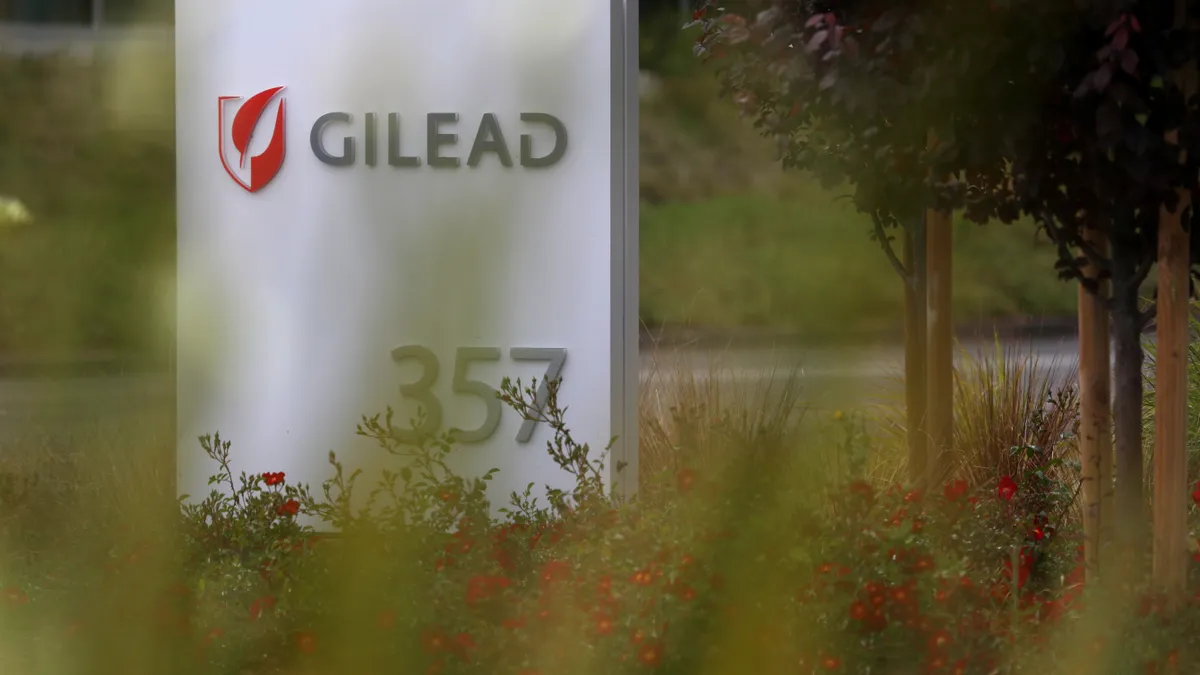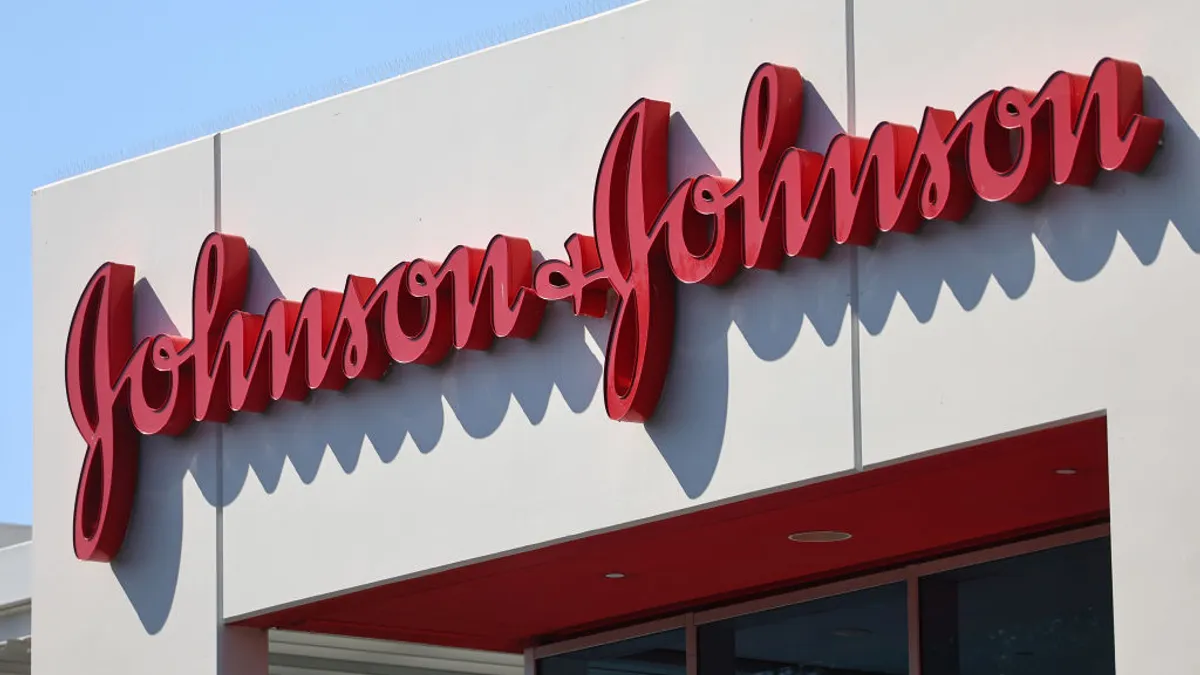Nimbus Therapeutics’ 2016 deal with Gilead Sciences, which is worth up to $1.2 billion for a MASH-related program, left some wondering if the win would be a fluke.

“The question was, were we a one-hit wonder, like one of those pop record bands? One good song and you just go out? Or would we have staying power?” said the Boston-based biotech’s CEO Jeb Keiper.
The company responded to any doubters in 2023 when it sold a TYK2 psoriasis program to Takeda Pharmaceuticals for $4 billion, one of the highest-priced deals ever for an unapproved drug.
Now, the question is whether the biotech, which specializes in novel small molecules for “difficult-to-drug targets” can pull off a three-peat, this time in oncology.
For Nimbus, which got its start during the 2009 global recession, each program is an independent subsidiary. The approach has garnered attention and spawned copycats, Keiper said.
“If you came and visited us, we would look like every other biotech,” he said. But on paper, each program is a whole subsidiary available for purchase, with “everything they need to move forward.”
After a sale, it’s back to business as usual.
“The day after a transaction everybody at Nimbus walks back into work and keeps working on the rest of the pipeline,” he said.
In addition to the two biggest deals, Nimbus has notched a few more successes, including a global license agreement with Genentech, a research collaboration and licensing agreement targeting metabolic disease with Eli Lilly and a long-term immunology alliance with Celgene, now owned by Bristol Myers Squibb. In 2023 the company secured $210 billion in private financing to fund research into its newest crop of drug contenders.
Back to the clinic
In addition to its preclinical programs, Nimbus is advancing a hematopoietic progenitor kinase 1 (HPK1) currently dubbed NDI-101150 as a standalone treatment or another combined with Merck & Co.’s Keytruda for solid tumors.
Early data on 30 patients revealed 16.7% benefited from the drug as a monotherapy, including one kidney cancer patient who had a complete response.
“HPK1 inhibition is a promising therapeutic approach as it is shown to activate T cells, B cells and dendritic cells to mount a robust anti-tumor response, whereas currently approved checkpoint inhibitors activate T cells. NDI-101150 is a potent and highly selective HPK1 inhibitor that has the potential to achieve significant tumor growth inhibition and make a meaningful difference for patients,” said Dr. Nathalie Franchimont chief medical officer at Nimbus, in a written statement.
Nimbus is facing competition — and potentially more interested parties — from oncology heavy hitters in the emerging HPK1 space. Although Pfizer cut its early-stage HPK1 inhibitor from its pipeline last year, BeiGene has two candidates listed in phase 1 for solid tumors.
Going forward, Keiper wants to maintain the biotech’s focus on drug discovery and development.
“We're going to remain multi-therapeutic,” Keiper said. And the focus isn’t only on the next big win.
“One of the questions I get asked often is, what's your next TYK2,” he said. “If I knew, I’d stop everything else, and we would just work on that.”
Instead, Nimbus has its sights on fundamental goals.
“The answer has always been to do the right thing for the molecule and move that forward,” Keiper said. “We let the science unfold and take us to the right indications.”










